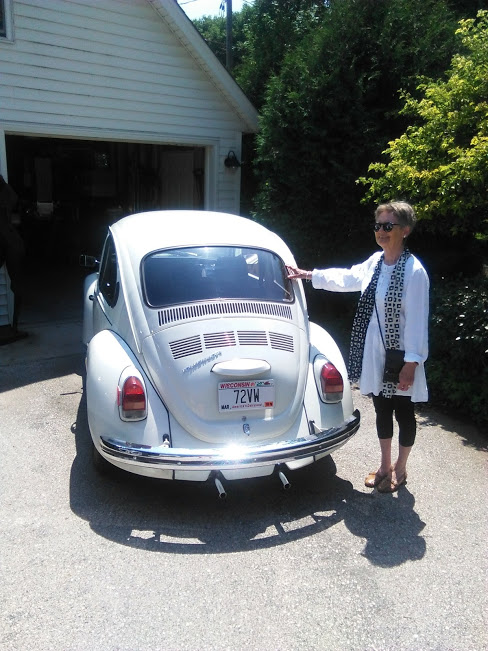In an interview, John Lennon was asked why he wrote the iconic song, “Imagine,” and this is what he answered:
“It is the concept of positive prayer. If you can imagine a world at peace, with no denominations of religion—not without religion but without this my-God-is-bigger-than-your-God thing—then it can be true. The World Church called me once and asked, ‘Can we use the lyrics to ‘Imagine’ and just change it to ‘Imagine one religion’? That showed [me] they didn’t  understand it at all. It would defeat the whole purpose of the song, the whole idea.”
understand it at all. It would defeat the whole purpose of the song, the whole idea.”
I, like most of you, have heard this song many times, but on one of my daily walks that song suddenly began playing in my mind in an entirely new way. I am astonished at how it parallels so perfectly the very heart and substance of the message of Jesus.
Not Christianity, which over time has been corrupted by politics and human manipulation, but the Gospel, the Good News that Jesus brings to a fearful and suffering world.
Jesus spoke to the people in a language that was familiar to them, and the only people who got upset, actually outraged, were the religious establishment. Most especially because he said that God’s love is unconditional and for everyone! No exceptions.
John Lennon begins: 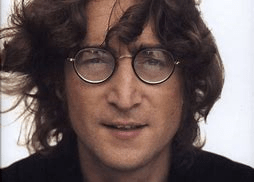

Imagine there’s no heaven
It’s easy if you try
No hell below us
Above us only sky
Imagine all the people
Living for today…
I have been able to not only imagine, but through years of study and reflection have come to the realization that heaven and hell are not actual places where people go after they die. The word heaven appears in the Bible 807 times. 
The opening line of the Bible is Genesis 1:1:
“In the beginning when God created the heavens and the earth, the earth was a formless void and darkness covered the face of the deep.”
Most of the 659 references to heaven in the Old Testament refer to the sky, the atmosphere that which is above us where birds fly, clouds are seen and the stars sparkle at night. As far as I could find, there were no references to heaven as the place with pearly gates, and streets paved with gold.
However, over the passage of time, stories about what we would call heaven have appeared in the Talmud. The Talmud is a huge collection of doctrines and laws compiled and written before the 8th Century, A.D., by ancient Jewish teachers.
One interesting Talmudic story almost certainly refers to a heavenly afterlife, tells of Rabbi Joseph, the son of Rabbi Joshua ben Levi, who dies and returns back to life. “His father asks him, ‘What did you see?’ He replies, ‘I beheld a world the reverse of this one; those who are on top here are below there, and vice versa.’ Joshua ben Levi said to him, ‘My son, you have seen a corrected world.'”
Sound familiar? It should, because Jesus said exactly that when he said the last shall be first, the rich will be poor and those who suffer now will be filled with joy. His sermon on the mount was also about a perfect, just and humane world. That is heaven!
Jesus says that this heavenly kingdom is like a mustard seed, the most common plant that grew everywhere, so look for God in the commonplace. It is like yeast that causes dough to rise. It is like a treasure found in a field. It is humble like a child. The list goes on and on with the same theme, that heaven is not a place where you go – but something you experience in daily life.
As far as hell is concerned, the Jews had no concept of it at all; instead they spoke of Sheol which was a shadow world where people go when they die, not a hot place of torment and devils. The New Testament Greek word for “hell,” Gehenna is indeed a place. But it was the garbage pit in Jerusalem, not the hot place where bad people go.
Imagine there’s no countries 
It isn’t hard to do
Nothing to kill or die for
And no religion too
Imagine all the people
Living life in peace…
Even a very light reading of world history will reveal that virtually every war in history was about religion and/or property, and most often both! If humanity could learn to do what Jesus taught about relationships in (Matthew 7:12;)
“So in everything, do to others what you would have them do to you, for this sums up the Law and the Prophets.” I believe that it is not only possible but admirable to imagine a world without war and needless death.

You may say I’m a dreamer
But I’m not the only one
I hope someday you’ll join us
And the world will be as one
We know from the Bible that even the warlike people that were the ancient Israelis imagined long, long ago that peace among the nations was something to strive for.
In the Old Testament books of Isaiah, Joel and Micah the same words echo across the ages:
“He will judge between many peoples and will settle disputes for strong nations far and wide. They will beat their swords into plowshares and their spears into pruning hooks. Nation will not take up sword against nation, nor will they train for war anymore” (Micah 4:3)

Imagine no possessions
I wonder if you can
No need for greed or hunger
A brotherhood of man Imagine all the people
Sharing all the world…
No more Greed and hunger…two of the biggest scourges that cause so much suffering in our nation, a nation that for so many others is a nation of unprecedented abundance.
People have suggested that this sounds an awful lot like Communism, and that was one of the very negative reactions to the song, and this is what John Lennon said to that charge:
“It might be like Communism, but I don’t know what real Communism is. There is no real Communist state in the world; you must realize that.”
I most certainly agree with him because I have a pretty intimate knowledge of what life was like under the so-called Communist rule in my native Latvia. That was a totalitarian system where approximately 6% of the population lived in unprecedented luxury and privilege and the remaining 94% kept by force at a level at or just slightly above the poverty level.
What we call Communism is in no way even similar to what John is singing about.
Actually, and perhaps without knowing it, John was quoting Holy Scripture as he wrote the song as found in the Book of Acts 2:44-47:
“All who believed were together and had all things in common; they would sell their possessions and goods and distribute the proceeds to all, as any had need. Day by day, as they spent much time together in the temple, they broke bread at home and ate their food with glad and generous hearts, praising God and having the goodwill of all the people. And day by day the Lord added to their number those who were being saved.” (saved not by words, and expressions of religious doctrine, but by acts of charity and kindness)
You may say I’m a dreamer
But I’m not the only one
I hope someday you’ll join us
And the world will live as one
Another dreamer long ago, a dreamer by the name of Jesus said a prayer that is virtually a mirror image of the words in the verse that is repeated twice, as Jesus repeats it twice in the Gospel of John: (John 17:11;22)
“And now I am no longer in the world, but they are in the world, and I am coming to you. Holy Father, protect them in your name that you have given me, so that they may be one, as we are one. The glory that you have given me I have given them, so that they may be one, as we are one,”
I believe that Jesus was telling us that heaven is possible now, if we but want it to be.
Just Jesus, John Lennon and me!

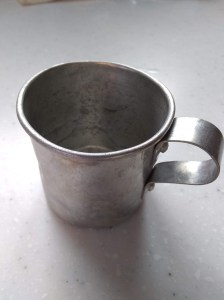
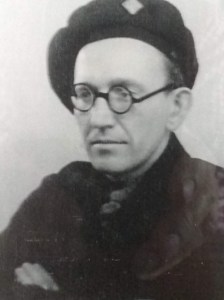
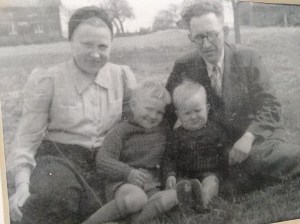
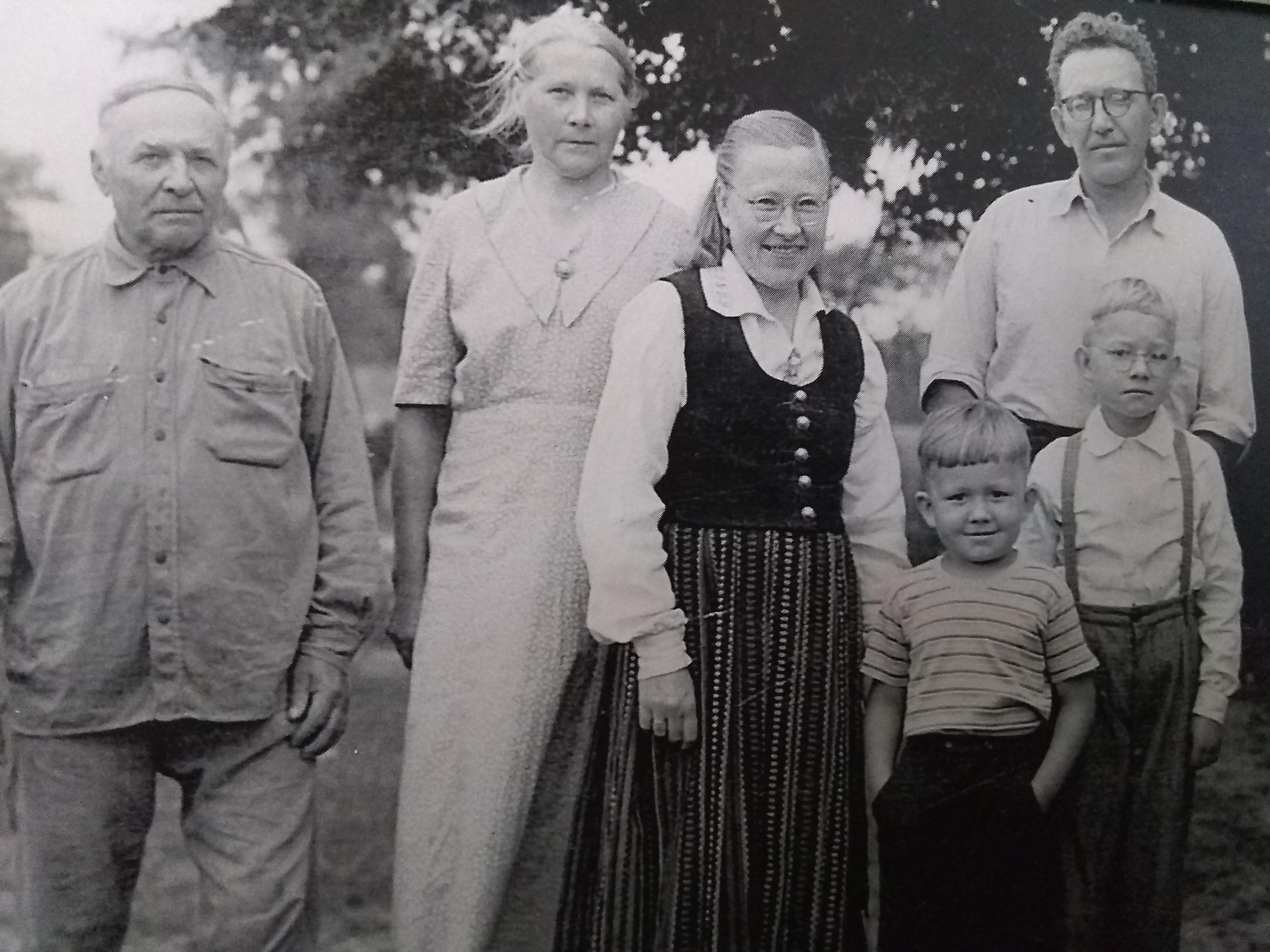
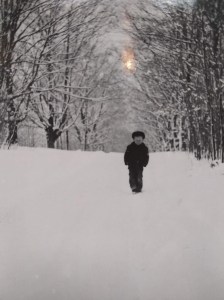



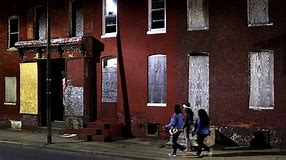

 understand it at all. It would defeat the whole purpose of the song, the whole idea.”
understand it at all. It would defeat the whole purpose of the song, the whole idea.”


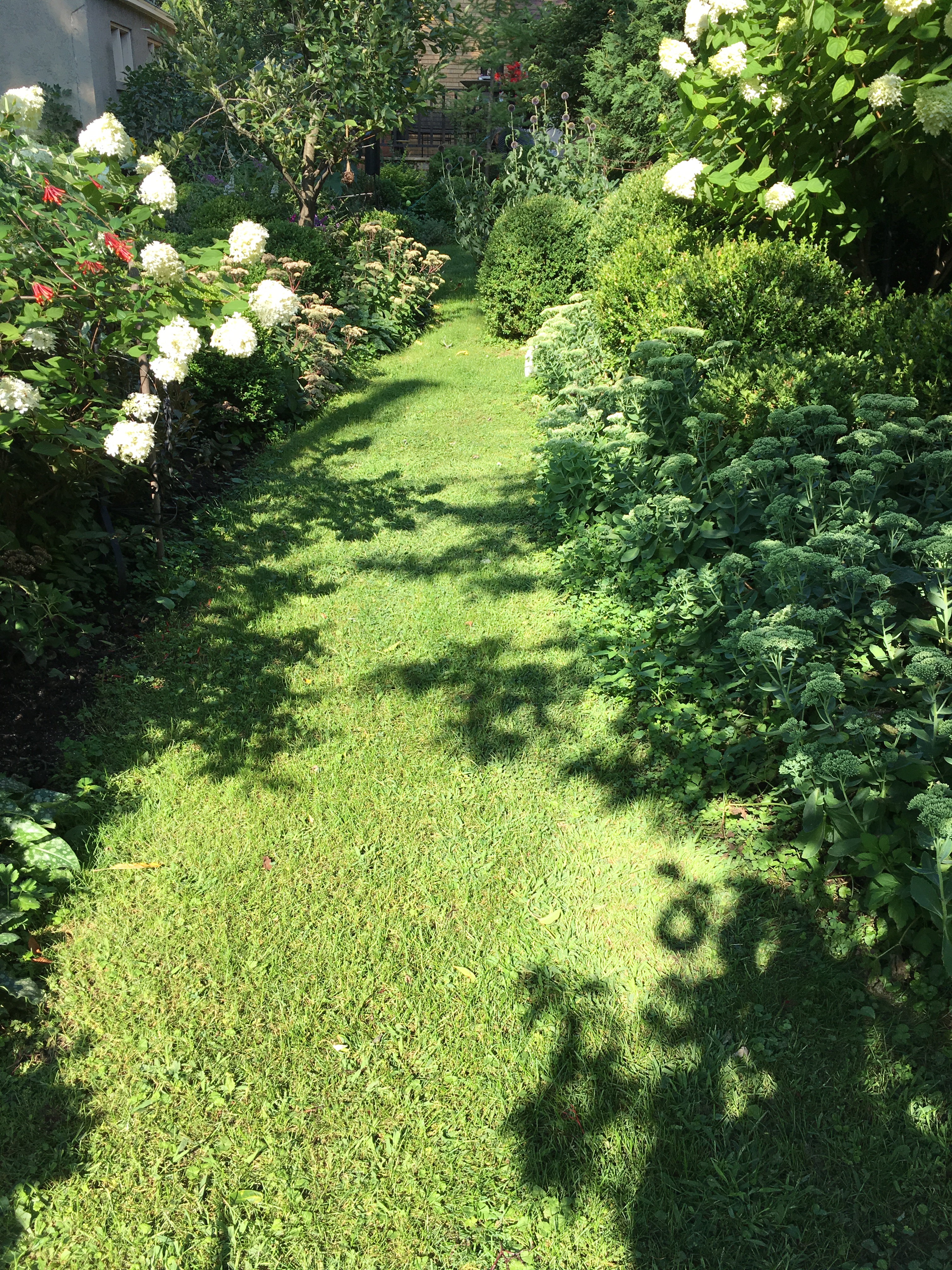


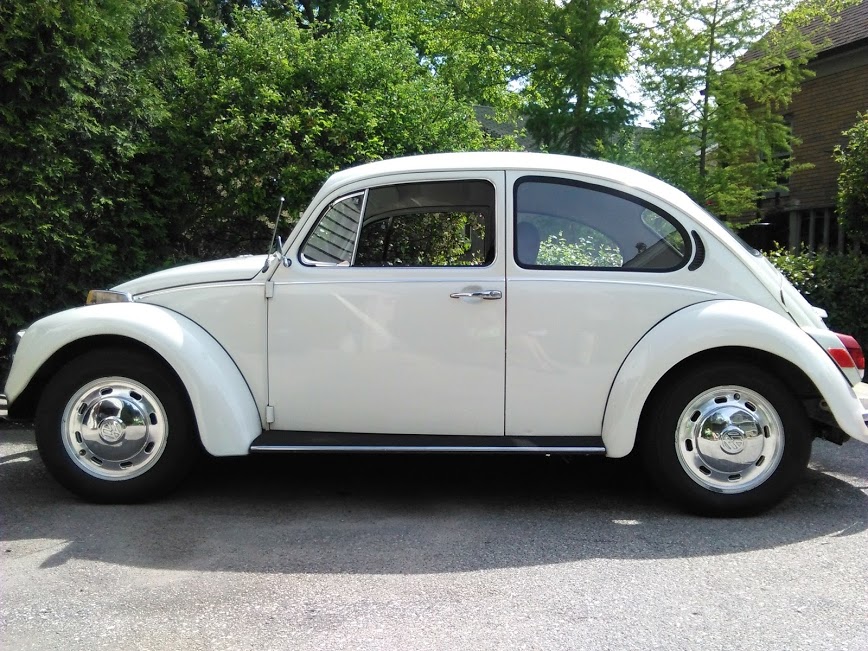
![IMG_0813[29626]](https://justjanis.blog/wp-content/uploads/2018/08/img_081329626-e1534263644439.jpg)
![PA130252[2]](https://justjanis.blog/wp-content/uploads/2018/08/pa1302522.jpg)
